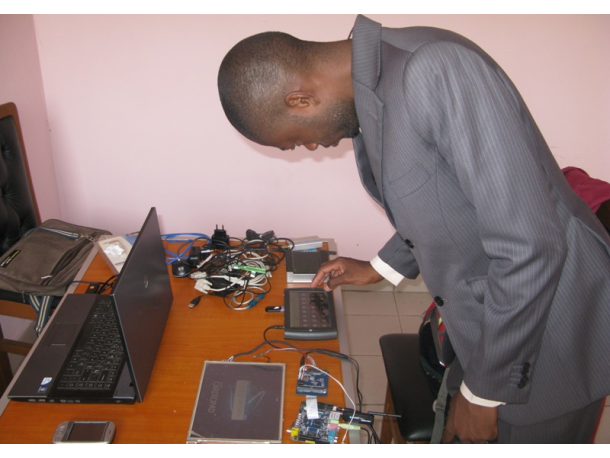Extreme Poverty and Human Rights: A Case Study of the United States of America
Extreme Poverty and Human Rights: A Case Study of the United States of America:
Interesting article. The “usual talk” about eradicating extreme poverty, but applied to an unusual suspect: the US.
Extreme poverty, defined as a composite of income poverty, human development poverty and social exclusion, is not only a problem of poor developing countries, but a phenomenon that is found in most countries in the world. But the fact that the United States, the wealthiest country in the world, also suffers from persistence of extreme poverty is a paradox.
There are no significant trends to indicate that extreme poverty is being reduced over time. In fact, there is qualitative and anecdotal evidence pointing towards a rise in extreme poverty.
[…]
The international community should recognise the existence of conditions of extreme poverty in the United States as indications of the worst form of indignity inflicted upon human beings, which should be regarded as a denial of human rights. Once it is recognised as such, it would be possible for the United States government to adopt programmes based on human rights principles which would surely contribute to the eradication of extreme poverty.



